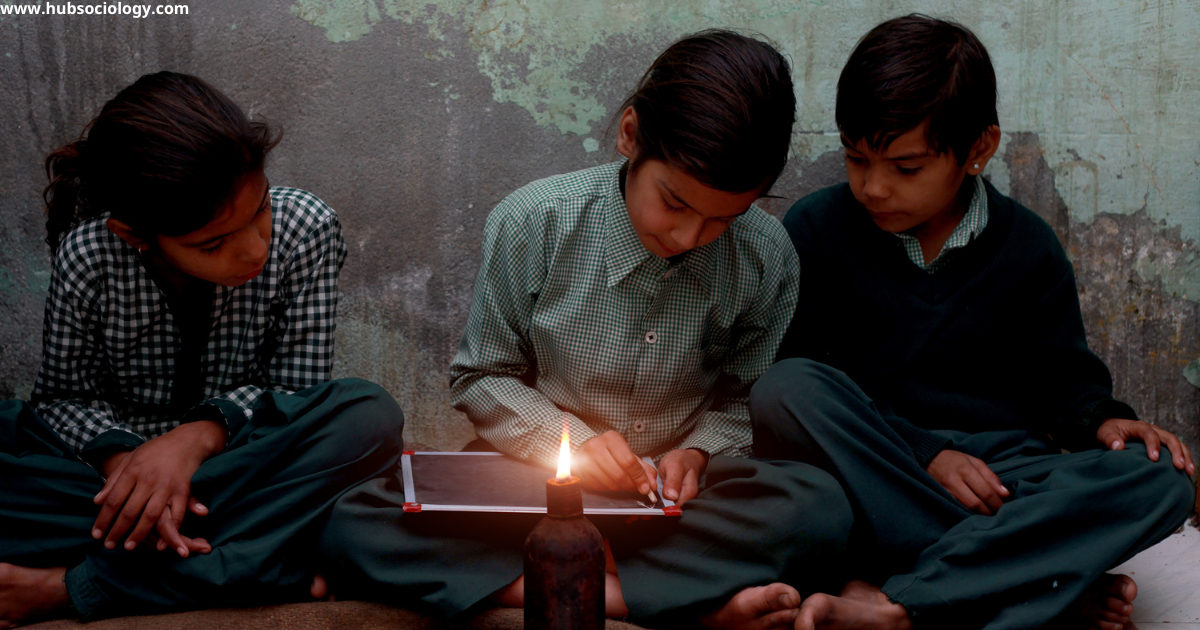Jajmani System in Traditional Indian Society: A Sociological Perspective
Introduction on Jajmani System in Traditional Indian Society The traditional Indian society was largely agrarian, community-oriented, and structured around caste-based interdependence. Within this social fabric, the Jajmani system emerged as a crucial institution that governed the economic and social relationships among various castes. It functioned as a form of hereditary patron-client relationship that ensured economic … Read more









